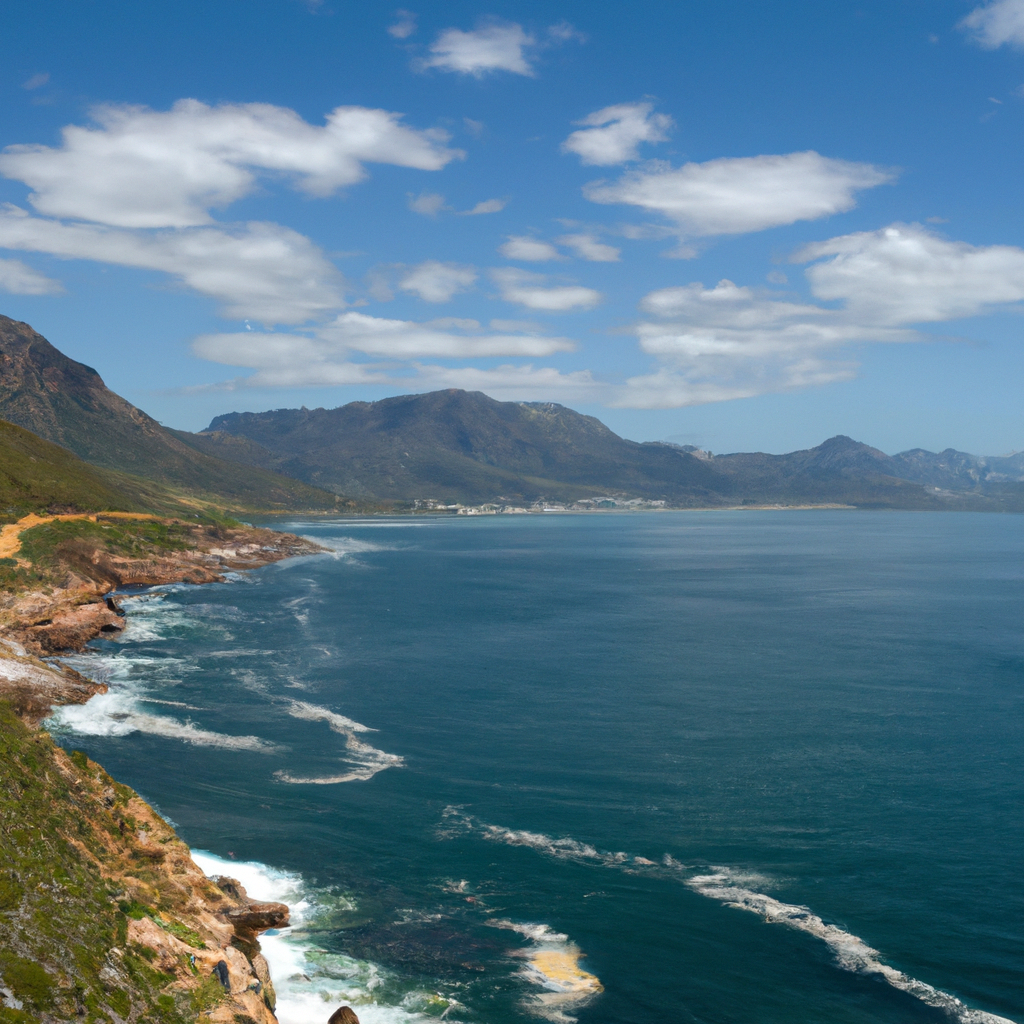What is the history of apartheid in South Africa?
Post ByAdequate Travel
Summary
The history of apartheid in South Africa is a story of oppression, injustice, and ultimately, liberation. From the establishment of the discriminatory laws in 1948 to the eventual dismantling of apartheid in 1994, the story of South Africa's apartheid is filled with both tragic and triumphant moments. In this blog post, we look at how apartheid began and ultimately ended in a historic moment of unity. Before embarking on your journey to south-africa, make sure to check the latest travel guidelines and entry requirements to ensure a smooth tripThe History of Apartheid in South Africa
- Origins of Apartheid:
In 1948, the National Party came into power in South Africa and implemented a system of racial segregation known as apartheid. The term "apartheid" translates to "apartness" in English and aimed to enforce extreme racial separation and discrimination.
- Implementation of Apartheid Laws:
The apartheid regime introduced a series of laws that enforced racial separation in various aspects of life, including residential areas, education, employment, and public services. These laws included the Group Areas Act, Population Registration Act, and Bantu Education Act.
- Classification of Races:
The apartheid government classified South Africans into racial categories, primarily White, Black, Coloured, and Indian. This classification determined an individual's rights, freedoms, and opportunities. The population registration process was used to determine a person's race.
- Segregation in Public Spaces:
Under apartheid, separate public facilities were created for each racial group. This included separate schools, hospitals, parks, and transportation systems. People from different races were not allowed to use the same facilities, and any interaction between races was strictly controlled or prohibited.
- Forced Removals and Homelands:
The apartheid government forcibly removed non-White communities from designated white areas through a policy known as "forced removals." Millions of people were forcibly relocated to racially segregated areas called homelands, which were economically deprived and lacked basic infrastructure.
- Pass Laws and Bantustans:
Pass laws were introduced to regulate the movement of Black South Africans. Non-Whites were required to carry a passbook at all times, which restricted their movements and access to certain areas. The government also created Bantustans, which were designated territories for specific racial groups, further dividing and isolating different communities.
- Opposition and Resistance:
Throughout the apartheid era, both internal and external opposition to the regime grew. Various opposition movements, such as the African National Congress (ANC) and the Pan Africanist Congress (PAC), emerged to fight against apartheid policies through peaceful protests, demonstrations, and acts of civil disobedience. The international community also exerted pressure on South Africa through economic sanctions and boycotts.
- Release of Nelson Mandela and End of Apartheid:
In 1990, after 27 years in prison, Nelson Mandela was released, marking a significant turning point in the struggle against apartheid. Negotiations ensued between the apartheid government and opposition groups, leading to the dismantling of apartheid laws and the first fully democratic elections in 1994. Nelson Mandela became South Africa's first Black president, officially ending the era of apartheid.
- Legacy and Reconciliation:
Despite the end of apartheid, South Africa continues to face social and economic challenges resulting from decades of racial segregation. Efforts have been made to promote reconciliation, redress historical injustices, and address the disparities created by apartheid through programs such as affirmative action and land reform.
The place is known for its rich history and culture, welcomes tourists with open arms. However, be sure to review the travel advisory and travel warnings to ensure a safe and enjoyable experience.Suggested Questions
- Nottingham Road Hotel, Nottingham Road: Horror Story, History & Paranomial Activities
- Wolhuter Hut, Kruger National Park: Horror Story, History & Paranomial Activities
- Sterkfontein Caves, Krugersdorp: Horror Story, History & Paranomial Activities
- Cullinan Diamond Mine, Cullinan: Horror Story, History & Paranomial Activities
- Pretoria High School for Girls, Pretoria: Horror Story, History & Paranomial Activities
- Shipwreck Trail, Port St. Johns: Horror Story, History & Paranomial Activities







